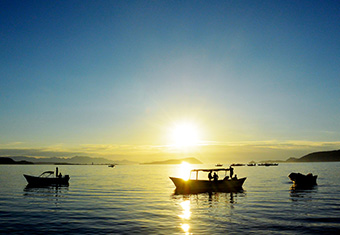

Abstract
For millennia, green turtles (Chelonia mydas) have had a vital role in maintaining marine ecosystem health. However, the synergistic effects of climate change and anthropogenic threats pose increasing challenges for green turtle conservation, given their sensitivity to biophysical processes across all life stages. In this context, Species Distribution Models (SDMs) are powerful instruments for developing management strategies, as they can generate predictions of suitable habitat and assess potential changes before they occur. There is a critical need to enhance conservation and management decisions for green turtles with SDMs, as there are currently none available to describe present-day conditions nor climate change scenarios. I propose a novel, interdisciplinary approach to overcome data gaps by generating green turtle SDMs by integrating diverse knowledge sources, including technical data, citizen science, and local ecological knowledge. This approach will aid management by (i) providing fundamental knowledge of green turtle distribution, possible interaction with anthropogenic stressors, and potential distribution shifts under climate change; (ii) contribute to broadening participation in conservation science by integrating stakeholders and citizen science to aid in decision-making; and (iii) generate a low-cost tool that can be applied to highly-migratory protected species worldwide. Green turtles’ cultural significance and importance as an ecosystem engineer make sustaining healthy green turtle populations a key goal for the future.
